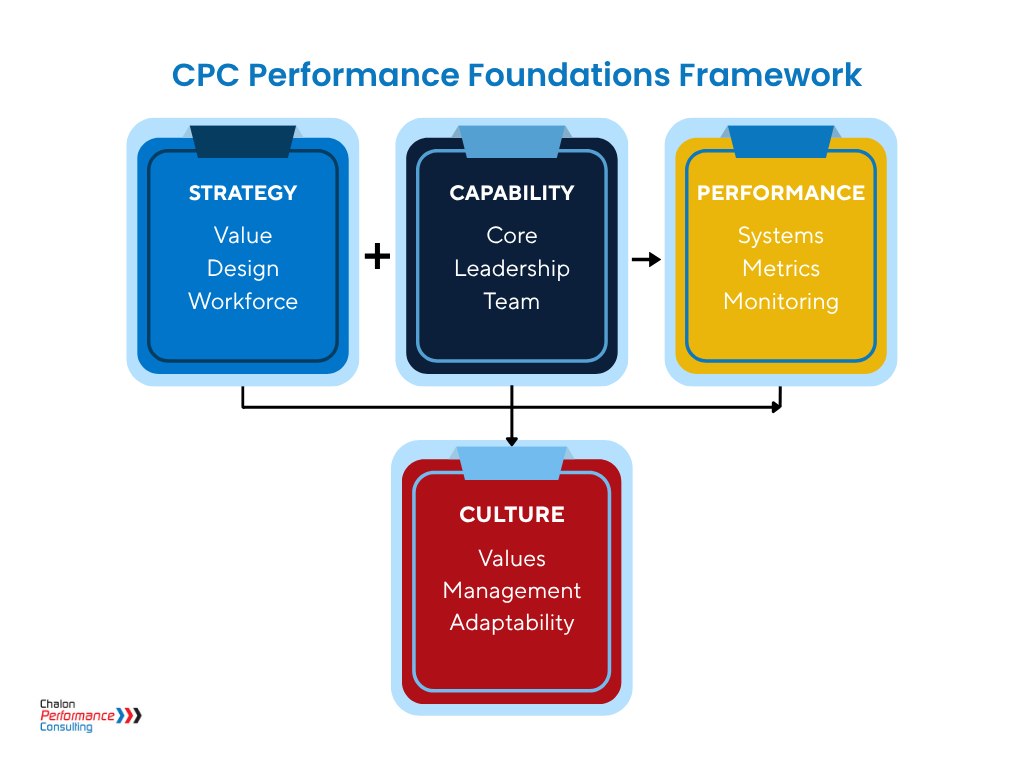In Australia, the skills gap has become a critical concern for business owners across various industries. As the market continues to evolve, the need for specialized skills is more pressing than ever. However, many Australian business owners are increasingly frustrated by their inability to find workers with the necessary expertise to meet their growing demands. At CPC, we understand the challenges that come with this skills shortage and offer tailored solutions to help businesses bridge the gap and drive long-term success.
The Skills Gap in Australia: A Pressing Issue
The skills gap in Australia is more than just a localized problem—it’s a national concern that is affecting a wide range of industries. According to Jobs and Skills Australia, Skills Priority List, 2023, 36% of occupations assessed were in national shortage, a significant increase from the 31% recorded in 2022. This means that out of 916 occupations evaluated, 332 are currently experiencing a shortage of skilled workers. This rise in skills shortages underscores the growing challenges faced by Australian businesses in securing the talent they need to remain competitive.
Why the Skills Gap Frustrates Australian Business Owners
- Impact on Business Growth: The skills gap directly hinders the ability of Australian businesses to grow and expand. Without access to skilled workers, companies struggle to innovate, implement new technologies, and scale their operations. This stunted growth can be particularly frustrating for business owners who are eager to capitalize on market opportunities.
- Increased Costs: With a limited pool of skilled workers, businesses are often forced to pay a premium to attract and retain talent. This can significantly increase operational costs, eating into profit margins and reducing the ability to invest in other critical areas of the business.
- Delayed Projects and Initiatives: The skills gap can lead to delays in launching new projects or implementing key initiatives. Whether it’s a new product development, a technology upgrade, or an expansion into new markets, the lack of skilled workers can slow down progress, frustrating business owners and stakeholders alike.
- Risk of Burnout: To compensate for the shortage of skilled workers, existing employees may be asked to take on additional responsibilities. This can lead to burnout, decreased morale, and ultimately, higher turnover rates. For business owners, this creates a vicious cycle of constantly trying to fill gaps rather than focusing on growth and development.
Strategies to Address the Skills Gap in Your Company
We recommend a proactive and strategic approach to addressing the skills gap within your organization. Here’s how you can start:
- Conduct a Comprehensive Skills Audit: The first step in closing the skills gap is understanding where it exists. A thorough skills audit can help identify the specific areas where your business is lacking and what competencies are needed to move forward.
- Invest in Training and Upskilling: Once gaps are identified, it’s crucial to invest in targeted training and upskilling programs. This not only helps to bridge the current gap but also prepares your workforce for future challenges.
- Leverage Skilled Migration Programs: Australia’s skilled migration programs can be a valuable resource for businesses struggling to find local talent. By tapping into this global talent pool, businesses can bring in the expertise they need to stay competitive.
- Partner with Educational Institutions: Establish partnerships with universities, TAFEs, and other educational institutions to create pathways for students to enter your industry. This can include offering internships, apprenticeships, or sponsoring industry-specific courses that align with your business needs.
- Adopt Flexible Work Arrangements: Offering flexible work arrangements can make your business more attractive to a broader range of candidates, including those with in-demand skills who may be considering multiple job offers. Flexibility can also help retain top talent by improving job satisfaction and work-life balance.
The Role of Performance Consulting in Closing the Skills Gap
At CPC, we specialise in helping Australian SMEs navigate the complexities of the skills gap. Our services are designed to provide actionable insights and strategies that align with your business goals. We work closely with you to create customised solutions that enhance your workforce’s capabilities, driving productivity and growth.
The skills gap in Australia is a significant challenge that cannot be ignored. With 36% of occupations currently in national shortage, it’s clear that businesses need to take proactive steps to address this issue. Contact us today to learn more about how we can support your business in achieving its goals.














